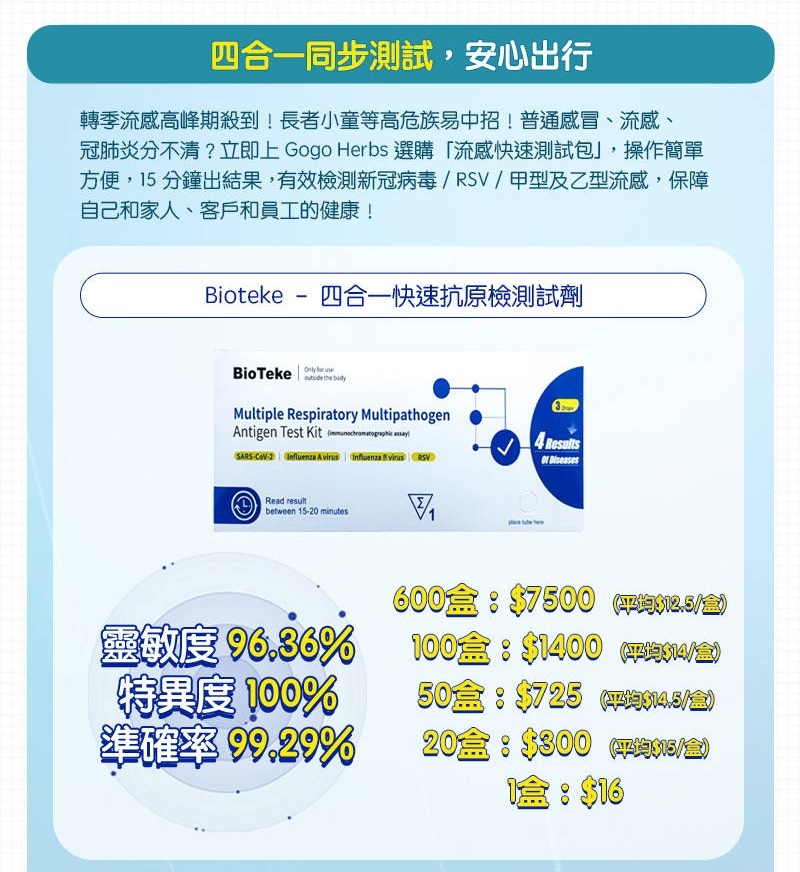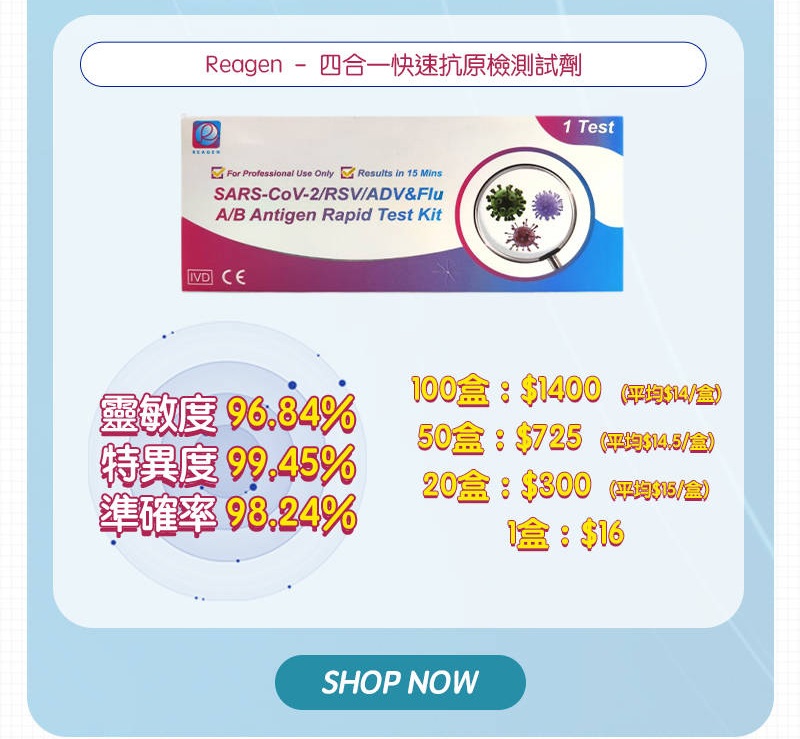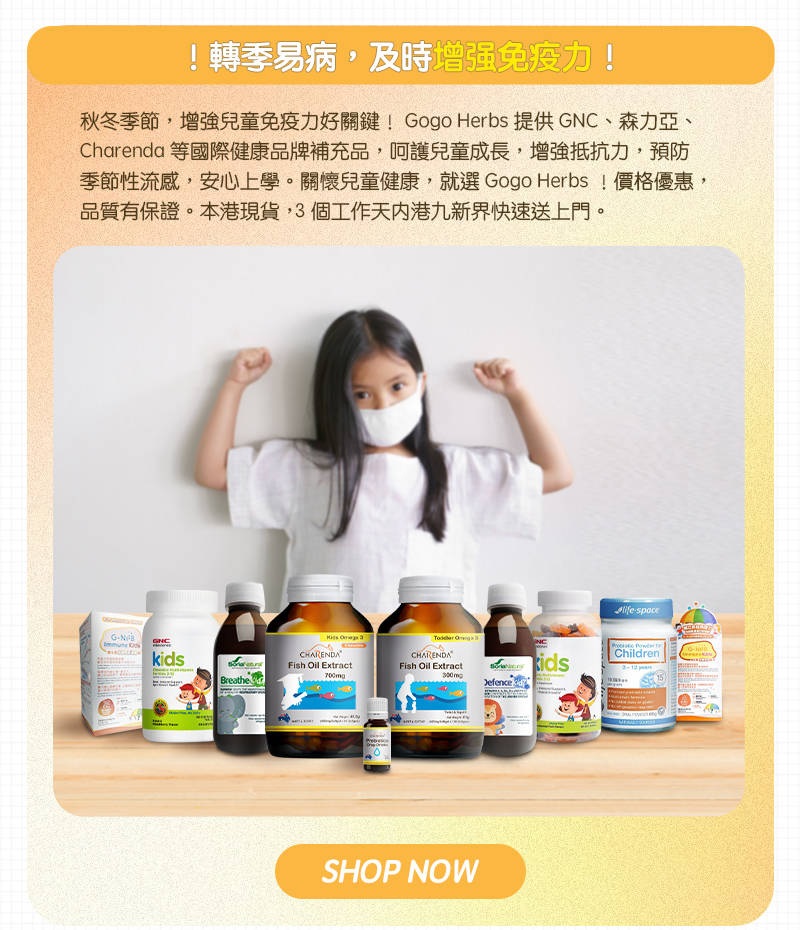| (1) 大閘蟹食物安全 新鮮農產品和水產展示了秋收最好的一面。秋天是大閘蟹當造季節。由於大閘蟹可能含有寄生蟲及致病菌,所以要徹底煮熟才可進食。市民在選購、處理及進食大閘蟹時,應注意有關安全貼士。 詳情請參閱以下網頁:
https://www.cfs.gov.hk/tc_chi/whatsnew/whatsnew_sfst/whatsnew_sfst_Fresh_Water_Hairy_Crabs_and_Food_Safety.html
(2) 食安中心公布食物中的甲氧滴滴涕風險評估研究報告
中心公布最近完成的一項有關食物中的甲氧滴滴涕風險評估研究報告。中心從本地零售層面抽取了三百個食物樣本作甲氧滴滴涕的含量檢測,以評估本港成年人從這些食物攝入甲氧滴滴涕的分量及相關健康風險。研究結果顯示,市民從研究涵蓋的食物中攝入甲氧滴滴涕的分量對健康的影響不大。 詳情請參閱以下網頁:
https://www.cfs.gov.hk/tc_chi/press/20231011_10546.html
(3) 食鹽加碘食鹽進口商、批發商及零售商實用指南
碘是身體製造甲狀腺激素支持生長發育所需的必需微量營養素。添加碘的食鹽已被認為是補充碘最方便、最有效的載體。世衞提倡普及食鹽碘化以預防和控制碘缺乏症。本實用指南參考世衞和食品法典委員會與碘鹽相關的指南及/或標準,旨在鼓勵食物業界讓本港市民更易購買碘鹽。 歡迎到以下網頁閱覽上述刊物:
https://www.cfs.gov.hk/tc_chi/multimedia/multimedia_pub/files/142771_FEHD_Food%20Iodisation_A5_chi_for_web.pdf
(4) 食肆火鍋安全篇
在秋冬的季節,熱氣騰騰的火鍋是與朋友出外用膳的熱門選擇。火鍋的材料種類很多,消費者可隨個人喜好選擇合適的食物。不過,火鍋材料若未經妥善處理或徹底煮熟,進食的便可能不僅是食物,而是將可導致食物中毒的病毒或細菌亦一併吃進肚子裏。 詳情請參閱以下網頁:
https://www.cfs.gov.hk/tc_chi/whatsnew/whatsnew_sfst/whatsnew_sfst_Hot_pot_Safely_at_Restaurants.html
(5) 慎防生蠔存有的風險
供生吃的蠔在進食前沒有經過加熱處理殺死病原體,因此是高風險食物。除了活蠔以外,市面可供市民購買的生蠔往往是預先去殼的冷藏或冰鮮生蠔,處理不當可導致細菌污染及蠔隻變壞。 孕婦、嬰幼兒、長者和免疫力弱人士應避免進食生或未煮熟的蠔。 詳情請參閱以下網頁:
https://www.cfs.gov.hk/tc_chi/multimedia/multimedia_pub/multimedia_pub_fsf_194_03.html 食物安全中心
19.10.2023 ******************************************************************************
Dear E-news recipients,
News on the Centre for Food Safety (CFS) online:
(1) Fresh Water Hairy Crabs and Food Safety
Autumn is the best season for savouring freshwater hairy crabs. Hairy crabs may harbour parasites and pathogens. They should be cooked thoroughly before consumption. The public should pay attention to food safety tips when buying, preparing or consuming hairy crabs. Please click into the webpage for details:
https://www.cfs.gov.hk/english/whatsnew/whatsnew_sfst/whatsnew_sfst_Fresh_Water_Hairy_Crabs_and_Food_Safety.html
(2) CFS announces risk assessment study results on Methoxychlor in food
CFS announced the results of a recently completed risk assessment study on Methoxychlor (MXC) in food. The CFS collected 300 food samples at the retail level for testing of MXC levels with the aim of estimating the exposure of the local adult population to MXC through consumption of these food items, and to assess the associated health risk. The study results showed that the health concern for the local population due to dietary exposure to MXC from the food items covered in the study is low. Please click into the webpage for details:
https://www.cfs.gov.hk/english/press/20231011_10546.html
(3) Salt Iodisation - A Practical Guide for Salt Importers, Wholesalers and Retailers
Iodine is an essential micronutrient required for thyroid hormone synthesis to support growth and development. Iodised salt has been recognised as the most convenient and most effective vehicle for the administration of supplemental iodine. This practical guide has made reference to WHO’s and Codex’s guidelines and/or standards relevant to iodised salt. The guide intends to encourage food traders to make iodised salt more accessible to the local population. Please click into the webpage for details of the above publications:
https://www.cfs.gov.hk/english/multimedia/multimedia_pub/files/142771_FEHD_Food%20Iodisation_A5_eng_for_web.pdf
(4) Hotpot Safety at Restaurants
In winter time, hotpot is a popular choice when we dine out with friends. With a great variety of hotpot ingredients, consumers can choose whatever they like to eat. However, if hotpot ingredients are not handled properly or cooked thoroughly, we will ingest not only food but also viruses or bacteria that can cause food poisoning. Please click into the webpage for details:
https://www.cfs.gov.hk/english/whatsnew/whatsnew_sfst/whatsnew_sfst_Hot_pot_Safely_at_Restaurants.html
(5) Beware of the Inherent Risks of Raw Oysters
Oysters for raw consumption are a high-risk food as there is no heat treatment to kill pathogens before eating. Besides those sold alive, raw oysters available in the local market are often pre-shucked in either frozen or chilled forms. If not handled properly, it can lead to bacterial contamination and deterioration of the shellfish. Pregnant women, infants and young children, the elderly and people with weakened immunity should avoid consuming raw or undercooked oysters. Please click into the webpage for details:
https://www.cfs.gov.hk/english/multimedia/multimedia_pub/multimedia_pub_fsf_194_03.html
Centre for Food Safety
19.10.2023
***********************************************************************
| 






_17.jpg)
_18.jpg)
_19.jpg)

